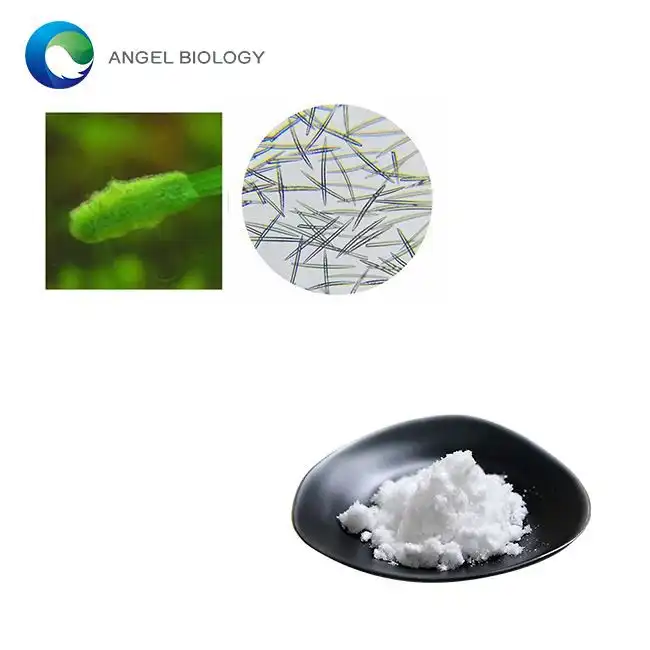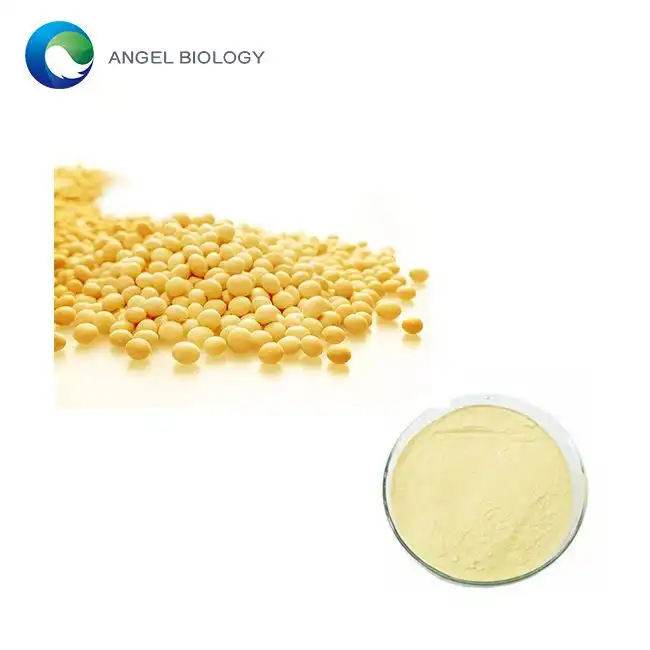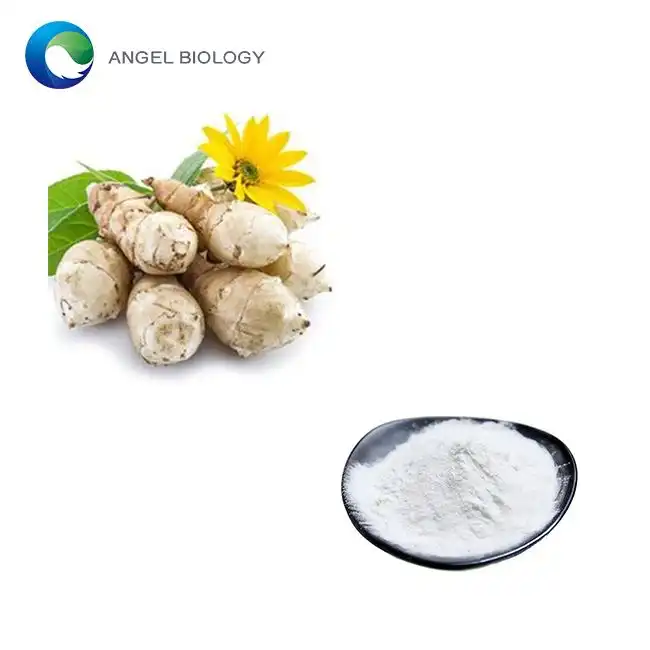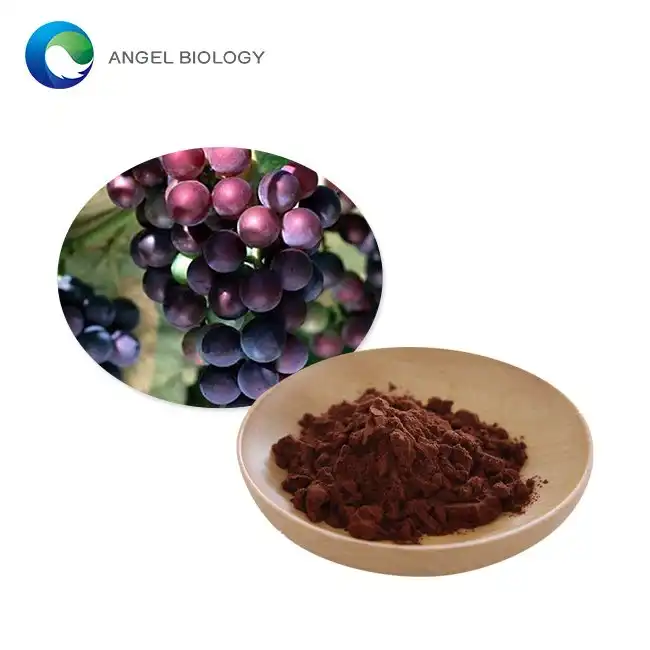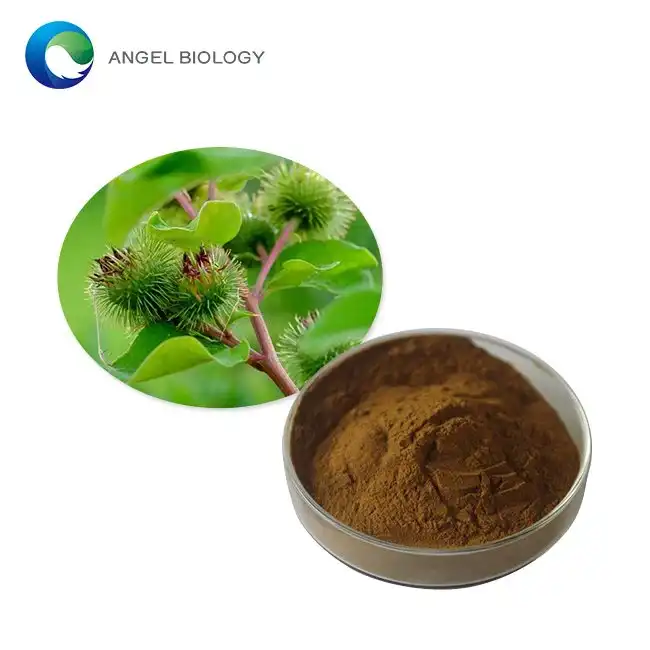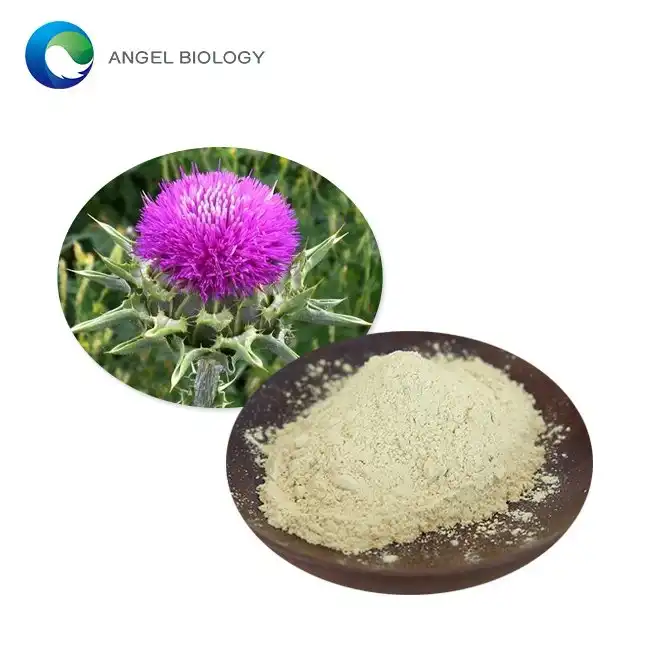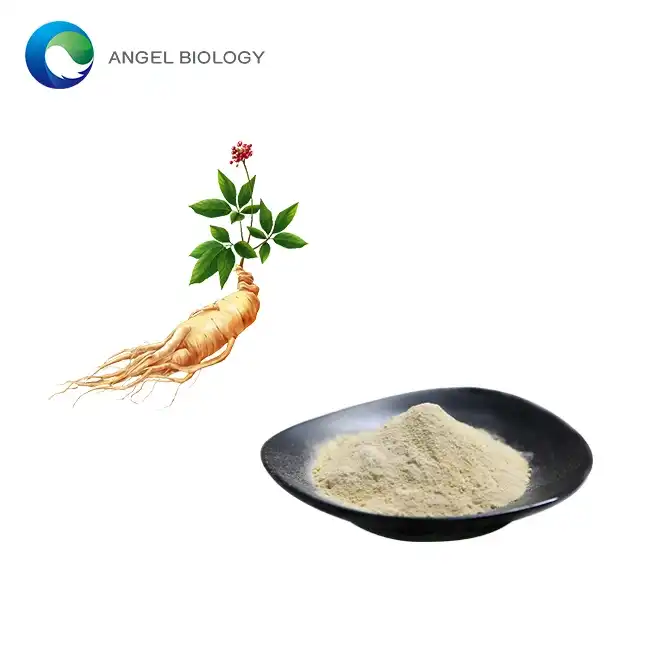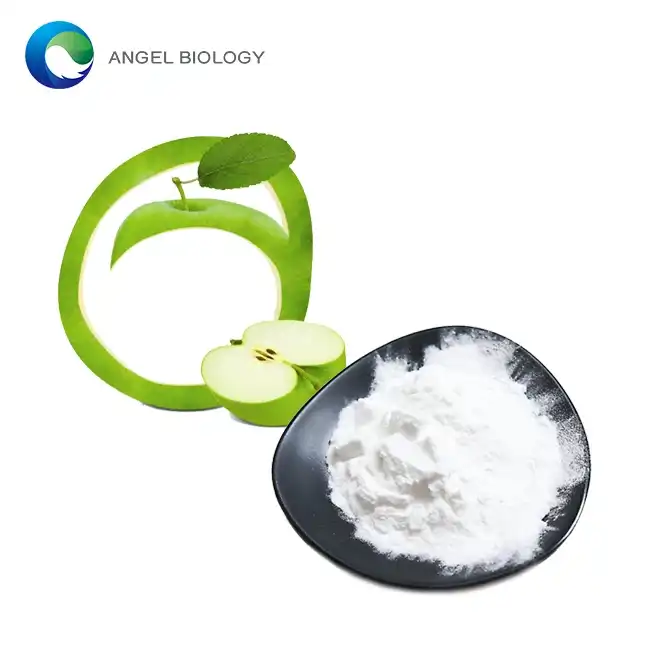Does Lycopene Powder Require Cold Processing?
Lycopene, a powerful antioxidant found abundantly in tomatoes and other red fruits, has gained significant attention for its potential health benefits. As the demand for lycopene powder supplements grows, questions arise about the best processing methods to preserve its potency. In this comprehensive guide, we'll explore whether lycopene powder requires cold processing and delve into the various techniques used to maintain its effectiveness.
Heat Sensitivity of Lycopene: Why Temperature Matters
Lycopene is a carotenoid pigment that gives tomatoes and other red fruits their vibrant color. While it's known for its antioxidant properties, lycopene is also notorious for its sensitivity to heat and light. This sensitivity raises concerns about the impact of processing methods on the compound's efficacy, particularly when producing lycopene powders or other concentrated supplements.
When exposed to high temperatures, lycopene can undergo isomerization, a chemical process that changes its molecular configuration from the all-trans form to various cis-isomers. These structural changes can influence both the stability and bioavailability of lycopene. In some cases, excessive heat can lead to partial degradation, diminishing the antioxidant potential of the compound. This has important implications for food processing, storage, and supplement manufacturing, as maintaining the integrity of lycopene is crucial for ensuring its health benefits.
Interestingly, not all heat exposure is detrimental. Research indicates that moderate, controlled heating can actually improve lycopene absorption in the human body. Cooking tomatoes with a small amount of oil or producing lycopene powder under carefully regulated temperatures can facilitate the release of lycopene from the plant matrix, enhancing its bioavailability. This paradox underscores the need for precision in processing methods, where temperature, duration, and exposure to light must all be carefully monitored.
As a result, manufacturers of tomato and watermelon lycopene powders focus on optimizing thermal conditions to preserve antioxidant activity while maximizing bioavailability. Understanding the heat sensitivity of lycopene enables producers to develop high-quality supplements and functional foods that retain the beneficial properties of this potent carotenoid, striking a balance between stability and efficacy.


Cold vs. Traditional Processing: Nutrient Retention Compared
When it comes to processing lycopene-rich foods into powder form, Angelbio have several options at their disposal. Traditional methods often involve heat treatment, which can potentially impact the nutrient content. On the other hand, cold processing techniques aim to preserve the delicate compounds in their natural state, maintaining the integrity of carotenoids, vitamins, and other phytonutrients.
Cold processing methods, such as freeze-drying, vacuum drying, and low-temperature solvent extraction, have gained popularity in recent years. These techniques minimize heat exposure, reducing the risk of thermal degradation of sensitive compounds like lycopene. Freeze-drying, in particular, removes moisture while retaining the cellular structure and bioactive constituents, resulting in a powder that closely resembles the nutrient profile of the original fruit. However, it is important to note that cold processing alone may not fully optimize lycopene's bioavailability, as the carotenoid is tightly bound within plant cell matrices.
Studies suggest that a hybrid approach, combining gentle heat treatment with subsequent cold processing, can provide optimal results. Mild heating can help break down cell walls and release lycopene, making it more accessible for absorption, while the follow-up cold processing preserves its chemical structure and antioxidant capacity. The challenge lies in carefully controlling temperature and duration to maximize bioavailability without causing significant nutrient loss.
Interestingly, research indicates that some traditional heat-based methods, when executed under controlled conditions, can increase the overall antioxidant potential of lycopene-rich foods. For example, cooking tomatoes into paste or sauce can concentrate lycopene, enhancing its absorption compared to raw tomatoes, while still preserving beneficial compounds. This highlights the importance of selecting processing techniques that balance nutrient retention with bioavailability to produce high-quality lycopene powders.
How Freeze-Drying Preserves Lycopene's Potency?
Among the various cold processing techniques, freeze-drying has emerged as a particularly promising method for preserving lycopene's potency in powder form. This sophisticated process involves rapidly freezing the lycopene-rich material and then removing the ice through sublimation under vacuum conditions.
Freeze-drying offers several advantages for lycopene powder production:
- Minimal heat exposure: The low temperatures used in freeze-drying help prevent thermal degradation of lycopene.
- Structural integrity: The process maintains the original structure of the material, preserving not only lycopene but also other beneficial compounds.

- Extended shelf life: Freeze-dried lycopene powder has excellent stability and can be stored for long periods without significant loss of potency.
- Enhanced solubility: The porous structure of freeze-dried powder allows for better rehydration and potentially improved absorption in the body.
While freeze-drying is an effective method for preserving lycopene, it's worth noting that the initial preparation of the raw material still plays a crucial role. Combining gentle heat treatment with freeze-drying can potentially offer the best of both worlds – enhanced bioavailability and excellent nutrient retention.
As research in this field continues to evolve, Angelbio are constantly refining their processes to optimize the production of high-quality lycopene powder. The goal is to deliver a product that not only retains the maximum amount of lycopene but also ensures optimal bioavailability for consumers.
Conclusion
While cold processing techniques like freeze-drying offer significant advantages in preserving lycopene's potency, a nuanced approach that combines controlled heat treatment with cold processing may yield the most beneficial results. As consumers, it's essential to look for lycopene powder supplements that have been carefully processed to maintain both quantity and quality of this valuable antioxidant.
Are you interested in incorporating high-quality lycopene supplements into your health regimen? Look no further than Angelbio, your trusted source for premium natural ingredients. Our innovative processing techniques ensure that our lycopene powder retains maximum potency and bioavailability. Whether you're a health-conscious individual or a manufacturer seeking top-tier ingredients, Angelbio has you covered. Experience the difference that cutting-edge research and meticulous quality control can make in your products. Ready to elevate your health offerings? Contact us today at angel@angelbiology.com to learn more about our exceptional lycopene powder and other natural ingredients.
References
1. Johnson, E. J., & Sies, H. (2019). "Lycopene: Processing and Bioavailability." Annual Review of Food Science and Technology, 10, 301-323.
2. Xianquan, S., Shi, J., Kakuda, Y., & Yueming, J. (2005). "Stability of lycopene during food processing and storage." Journal of Medicinal Food, 8(4), 413-422.
3. Cooperstone, J. L., & Schwartz, S. J. (2016). "Recent insights into lycopene bioavailability: Effects of food matrix and processing." Molecular Nutrition & Food Research, 60(4), 665-679.
4. Srivastava, S., & Srivastava, A. K. (2015). "Lycopene; chemistry, biosynthesis, metabolism and degradation under various abiotic parameters." Journal of Food Science and Technology, 52(1), 41-53.



